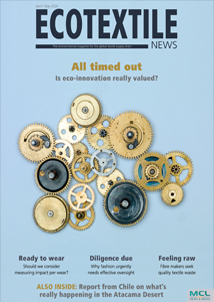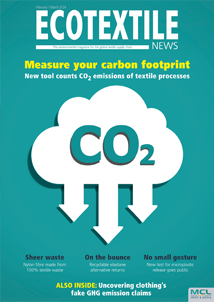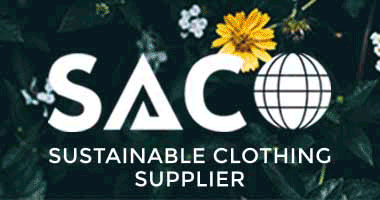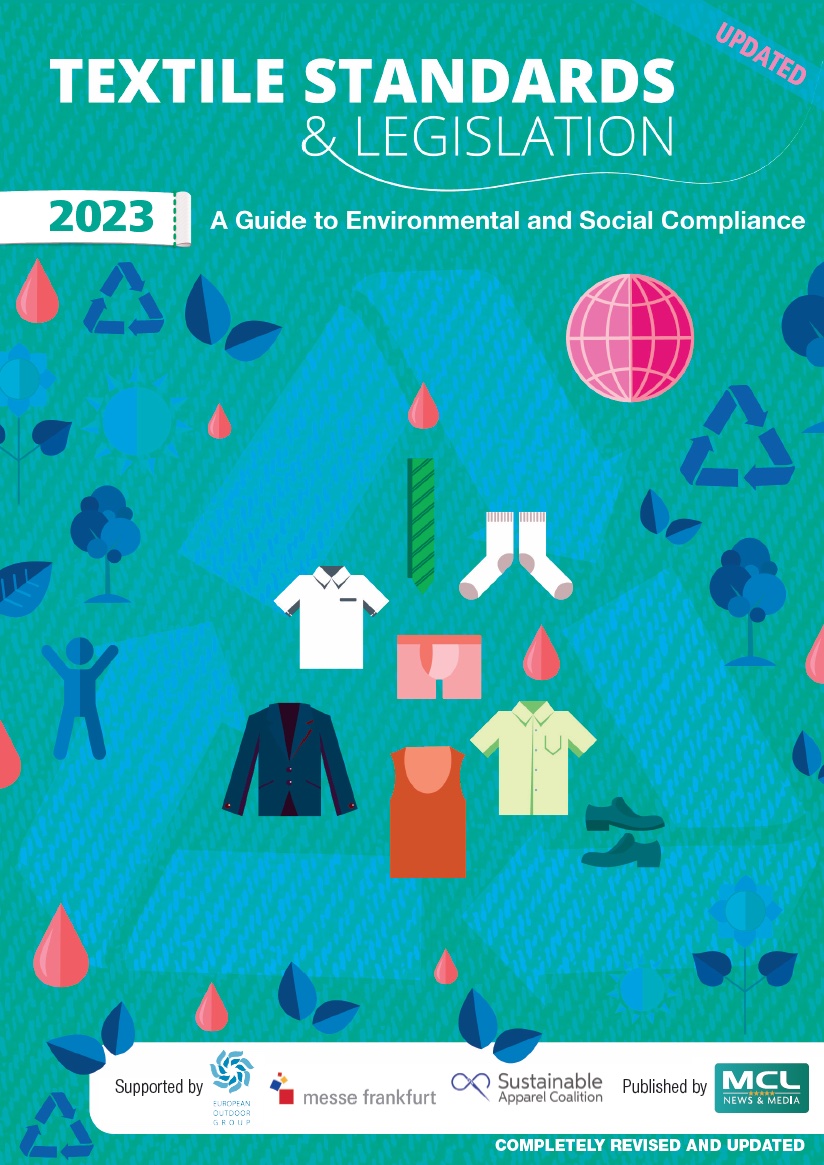WAKEFIELD – Our Ecotextile Talks podcast host Philip Berman talks to Lenzing's head of product management textiles, Caroline Ledl, about the company's plans to reduce the size of its carbon footprint. Lenzing became the first wood-based cellulosic fibre supplier to have its climate change targets verified and approved by the Science-Based Targets initiative (SBTi) back in 2019.
The company has committed to halve its CO2 emissions per tonne of product by 2030 and also to be completely climate neutral by 2050.
"We see this as one of the main challenges humanity is facing," explained Ledl. "As a company, we have a responsibilty to work against climate change, therefore we decided to have these commitments, set very clear targets and act on them."
Lenzing was working to meet these targets by looking to make energy efficiencies and switch to renewable power, where possible, across scopes 1, 2 and 3.
The company had already identified and implemented key steps – such as setting up its own 55,000 m² photovoltaic solar energy system at its site in Upper Austria – to move away from fossil-based fuels. However, achieving reductions in other parts of the world was more challenging because of the difficulty in achieving the heat requirements of cellulose production without coal-fired energy in South Asia.
Lenzing was working to overcome these obstacles by switching to natural gas as a first step in China, and by moving to biomass energy in Indonesia. It was also setting up a major new biomass-powered Lyocell plant in Thailand.
When it comes to Scope 3, Lenzing is working with its chemical suppliers to encourage them to reduce their own carbon footprint.
"We see definitely we're on the road to be able to fulfil our targets by 2030, it will be challenging but we're pretty confident that we will reach them even though there are nine years to go," added Ledl.
Berman asked Ledl whether Lenzing's emissions reduction plans could be decoupled from economic growth - given that its targets were set per tonne of product, meaning that it could achieve its targets while overall emissions were still rising.
Ledl insisted that was possible and pointed to the company's second target – to be climate neutral by the middle of the century.
"We definitely believe we're able to grow our business without creating way more carbon emissions but we're also sure there's still something missing," she said.
"There will be new technology, or new systems, needed in order to reach those targets because, as it is now, it might be very, very challenging for all of us to grow without further carbon emissions."













































